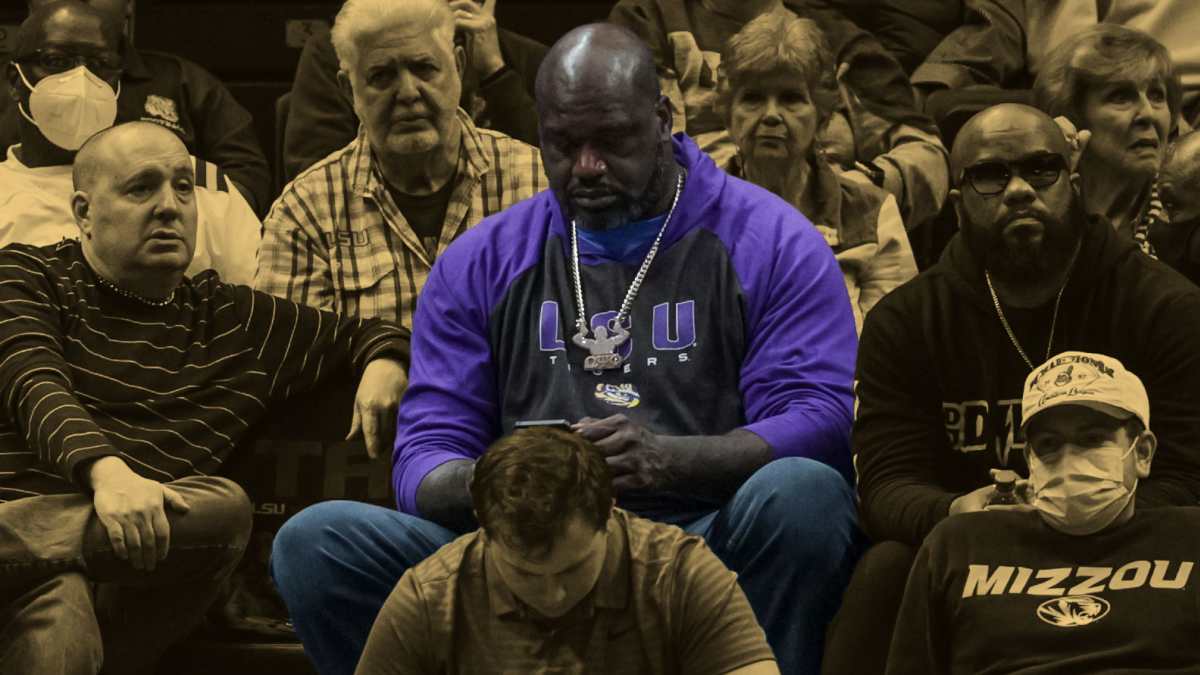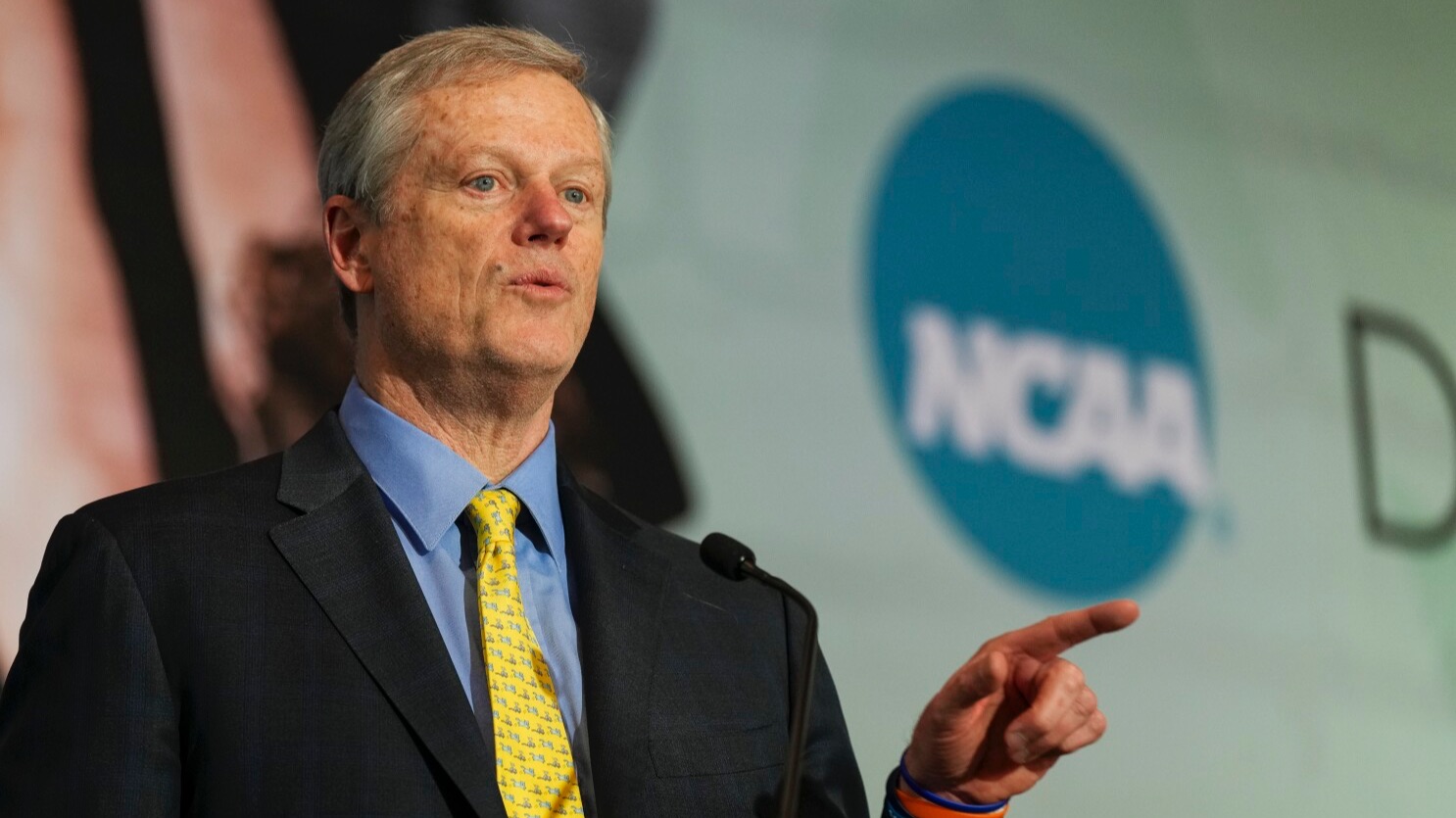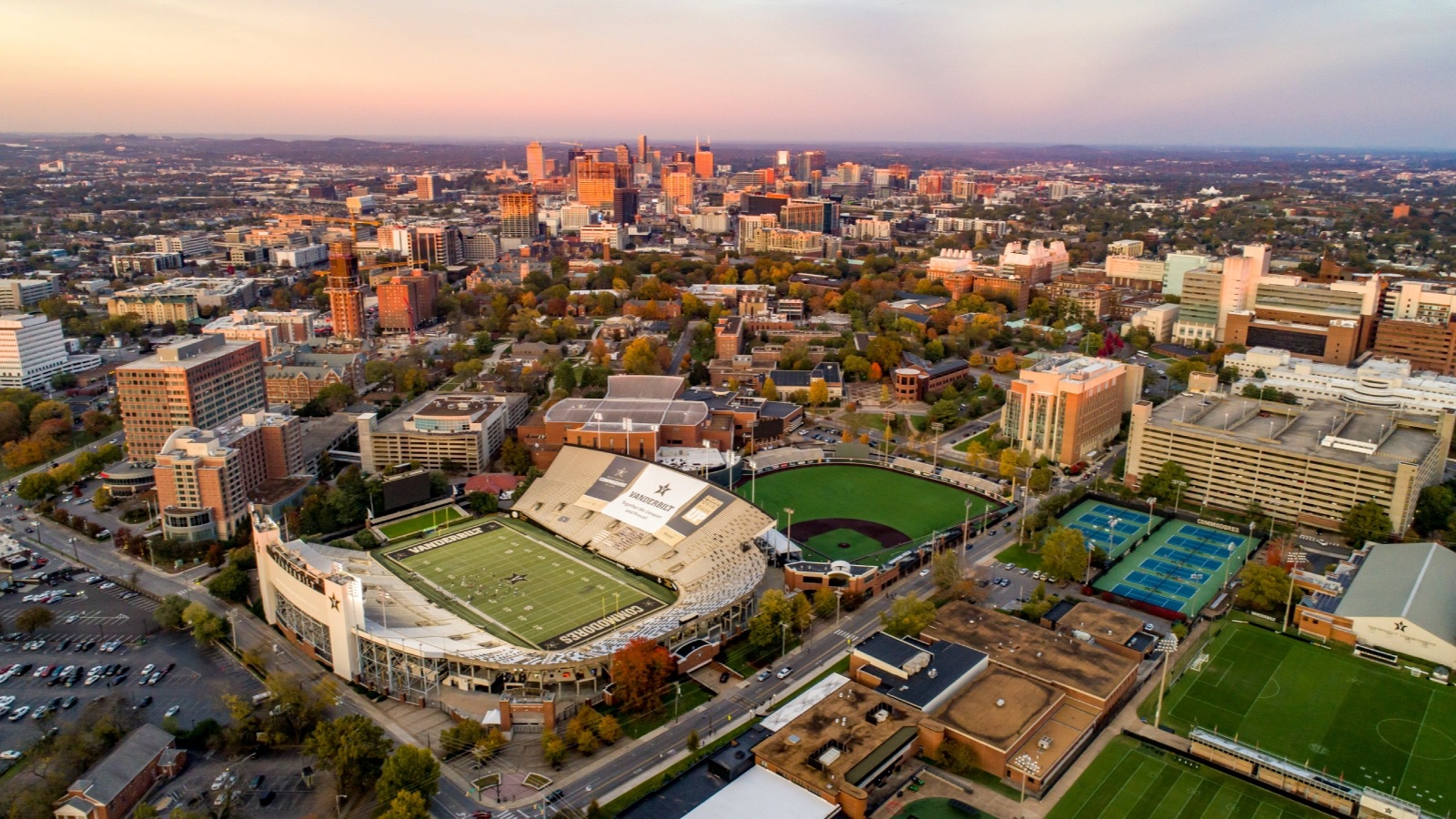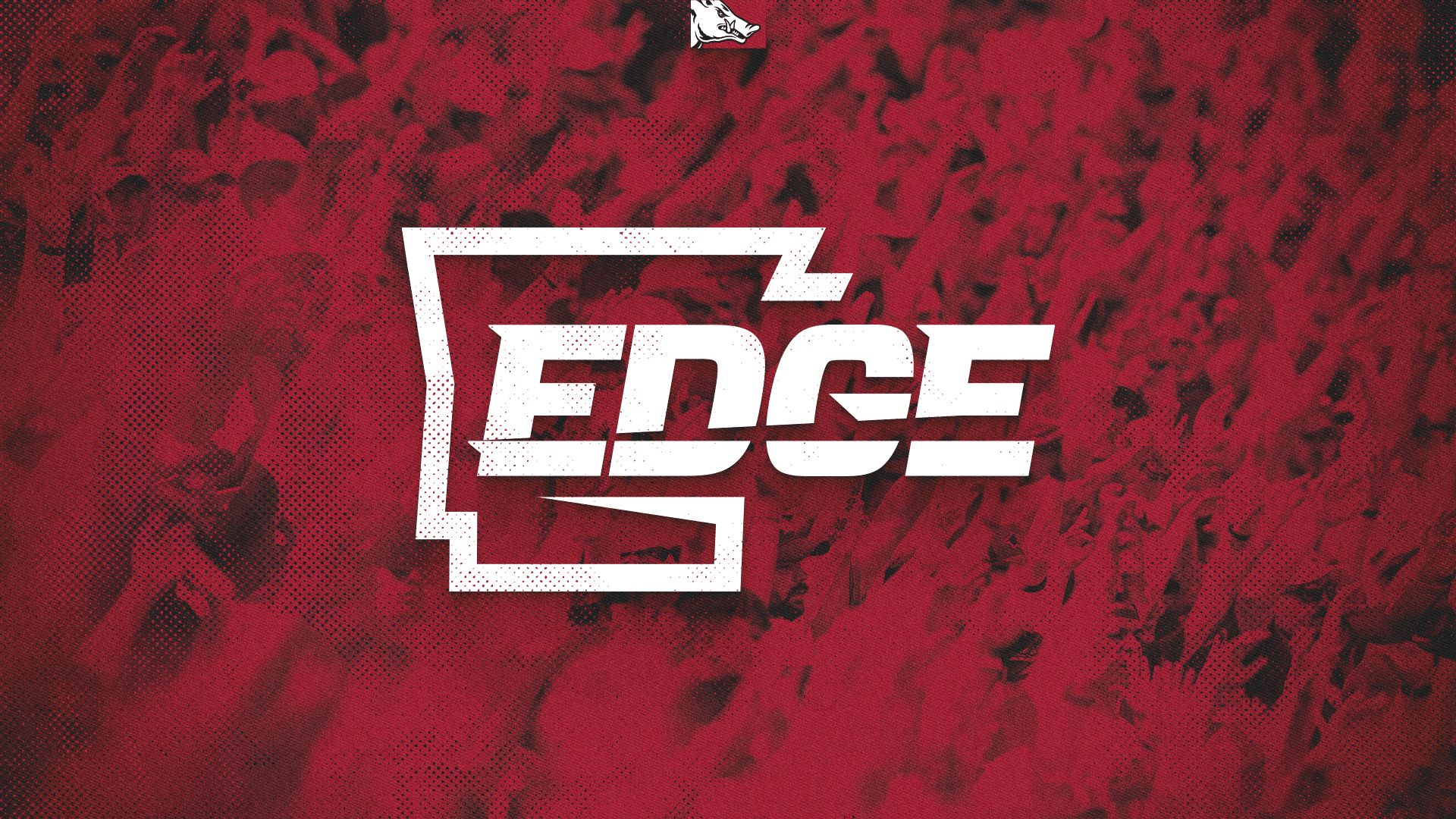Tennessee QB Nico Iamaleava wants more NIL money
Apr 11, 2025The Murky Waters of NIL: Iamaleava's Negotiations Expose Systemic Issues

Recent reports indicate that Tennessee QB Nico Iamaleava is currently engaged in contract negotiations with the school. While it's unclear if he's leveraging the spring transfer portal, the timing raises questions. Iamaleava's initial deal was a landmark in the NIL landscape, reportedly worth up to $8 million over three years, signed while he was still in high school. Now, as he enters his second season and first as a full-time starter, these renegotiations highlight the lack of transparency that frustrates fans and complicates roster management.
The Impending House Settlement and its Impact on NIL
The current situation with Iamaleava's contract talks underscores the precarious nature of the existing NIL structure, particularly with the looming settlement in the House v. NCAA case. This settlement is poised to drastically alter how players are compensated, with direct payments from schools and a clearinghouse for NIL deals on the horizon. The anticipation of these changes has seemingly led to a period of inflated player valuations as schools and collectives aim to utilize their accumulated NIL funds before the new regulations take effect. This environment of spending has likely influenced Iamaleava's desire for a revised contract.
Seeking Parity in a Wild West of Compensation
Reports suggest Iamaleava is aiming for a salary that meets or exceeds quarterbacks like Carson Beck (Miami) and Darian Mensah (Duke) who have reportedly secured deals worth at least $3 million. This desire for increased compensation reflects the current climate where player value is often determined by perceived market rates rather than transparent metrics.
The Frustration of Opaque Negotiations for Fans and Coaches
The most significant issue highlighted by Iamaleava's contract situation is the complete lack of transparency surrounding these financial agreements. Information about player compensation largely comes from agent leaks to reporters, leaving fans, who indirectly contribute to these deals, and coaches, who must manage team dynamics and budgets, in the dark. This secrecy breeds uncertainty, complicates roster building, and can foster resentment among players with varying compensation packages. The inability to have an open and honest conversation about player pay is a core problem that the impending NCAA settlement aims to address.
Charlie Baker's Optimism for Structured NIL After Settlement Hearing

NCAA President Charlie Baker has voiced his positive outlook following a recent court hearing regarding the proposed settlement in the House v. NCAA case. Despite the judge not issuing an immediate ruling, Baker is optimistic about the potential for increased structure within the NIL landscape. He believes the settlement, if approved, will bring much-needed organization to how student-athletes can benefit financially from their NIL.
Roster Considerations and the Dawn of Revenue Sharing
During the hearing, a key point of discussion was roster limits, with the judge suggesting a possible "grandfathering" approach for current athletes to protect their roster spots. The settlement's approval would also mark the beginning of revenue sharing, allowing universities to directly distribute up to $20.5 million annually to their athletes. Baker has referred to this direct institutional involvement as "institutional NIL," a significant shift from the current third-party dominated system.
Baker Highlights the Need for Transparency and Structure
Echoing his post-hearing statement, Baker emphasized the importance of the structure the settlement could provide for NIL activities. He pointed out that the revenue-sharing era, contingent on the settlement's final approval, would introduce much-needed transparency to NIL deals. Speaking on SiriusXM College Sports Radio, Baker stated that for the first time, there would be clear rules and organization around NIL, encompassing both institutional programs and the existing third-party arrangements.
The Role of a Clearinghouse in Ensuring Accountability
A crucial component of the proposed settlement is the establishment of a clearinghouse to oversee NIL deals valued at over $600. This entity would be responsible for vetting contracts, a detail that was part of LSU gymnast Livvy Dunne's concerns during the hearing. Baker underscored the significance of this transparency, explaining that it would provide clear data on the financial investments being made in various sports. He argued that this increased visibility would lead to greater accountability within the NIL ecosystem, something he believes is currently lacking.
Moving Towards Understanding Financial Flows in College Sports
Baker expressed his frustration with the current opaque nature of NIL dealings, where information is often based on speculation and anecdotes. He believes the settlement will create a system where the actual amounts of money being invested by both institutions and third parties in different men's and women's sports will be clearly visible. For Baker, this transparency is a "big win" as it will foster accountability in a space that currently lacks it.
Shaq's Has NIL Frustrations

Shaquille O’Neal is now challenging the evolving landscape of college sports. His deep connection to Louisiana State University has been a hallmark of his post-playing career. However, the advent of the NIL system has prompted him to reconsider his support for his alma mater, citing significant concerns about its impact on collegiate athletics.
O'Neal's Concerns About the NIL Era
O’Neal has been vocal in his criticism of the NIL system, expressing worries that it will ultimately be detrimental to athletes. His apprehension highlights the potential pressures and unintended consequences that arise when amateur athletes are permitted to profit from their NIL. As a respected figure in the sports world, O’Neal views these changes as a threat to the traditional values and integrity of college sports, raising questions about the long-term sustainability of the current model.
A Line in the Sand: Demanding Commitment Over Compensation
In a strong display of his convictions, O’Neal has issued an ultimatum to LSU, indicating his willingness to withdraw financial support unless certain conditions are met. This stance goes beyond a mere opinion; it’s a passionate plea to restore what he perceives as balance and to prioritize the commitment of student-athletes. By using his considerable influence to voice his concerns about the systemic shifts in college sports, O’Neal is urging a broader conversation about navigating these turbulent times.
The Impact of the Transfer Portal on Recruitment
Adding to his frustrations, O’Neal specifically mentioned the impact of the transfer portal on the recruitment of young high school players. He observed that college coaches are increasingly focusing on acquiring established talent through the portal, potentially overlooking and disadvantaged younger, developing players. As O’Neal stated, "I told the people at LSU I’m not writing you guys a check if guys aren’t going to commit to us for 2-3 years...I feel sorry for them," highlighting his frustration with the constant transferring.
Stay in the loop with key NIL Happenings!
Join our mailing list to receive weekly NIL newsletters on key developments in the NIL landscape.
We love NIL, but hate SPAM. We will never sell your information, for any reason.





